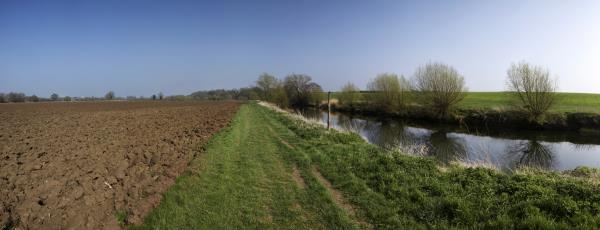NFU comment
NFU Director of Policy Dr Andrew Clark said: “Farming has a role to play in managing the impact of floods but we must remember that farmers need to protect their businesses and produce food for us all to eat.
“As we have seen many farmers’ farmland has flooded. This has been unplanned and unrewarded. In some situations flooding farmland offers a solution to flooding elsewhere but it must be planned and must it must go hand-in-hand with producing food. We need assurance that action on farmland is backed by a strong research base and action across a catchment sees the right number of measures in the right locations to reduce flood risk. Holding back water does not come without its own costs and repercussions, such as lost crops or damaged grassland, or even water contamination. This is why we are calling for the Government's review to work with all partners and fund solutions over the long term.
“Flood services offered by farm businesses would, in some cases, make a very considerable saving for the wider economy but must be accompanied by incentives for farmers. And it’s essential that these should be voluntary measures rather than a requirement.
“It can’t be a one size fits all solution; consideration must be given to those renting farmland and owning land. And the productivity of the land must be considered; we don’t want to see high value soils flooded when there’s rough grazing which could be utilised instead. Flood management measures need to be carefully designed for local catchments, considering solutions such as engineered flood defences and maintenance of watercourses.”
On Pillar II Funding for farmers to flood farmland...
“There are already numerous demands on Pillar II funding, so we are sceptical that sufficient action can be funded from this budget. Instead Ministers ought to look to boosting existing flood management mechanisms which truly value the flood mitigation service provided.
“Pillar II schemes are competitive and geographically targeted scheme, so we are unsure that farmers in the right areas will be able to enter.
“It is important to remember that strict EU funding rules for Pillar II scheme require that farmers are only paid for changes in their usual cropping or farming system and for any loss of grassland and crops if the land was flooded. It doesn't pay for the on-going service which benefits the wider economy and society. As Pillar II only relates to cost of production loss, we question whether this is the right funding source.”
